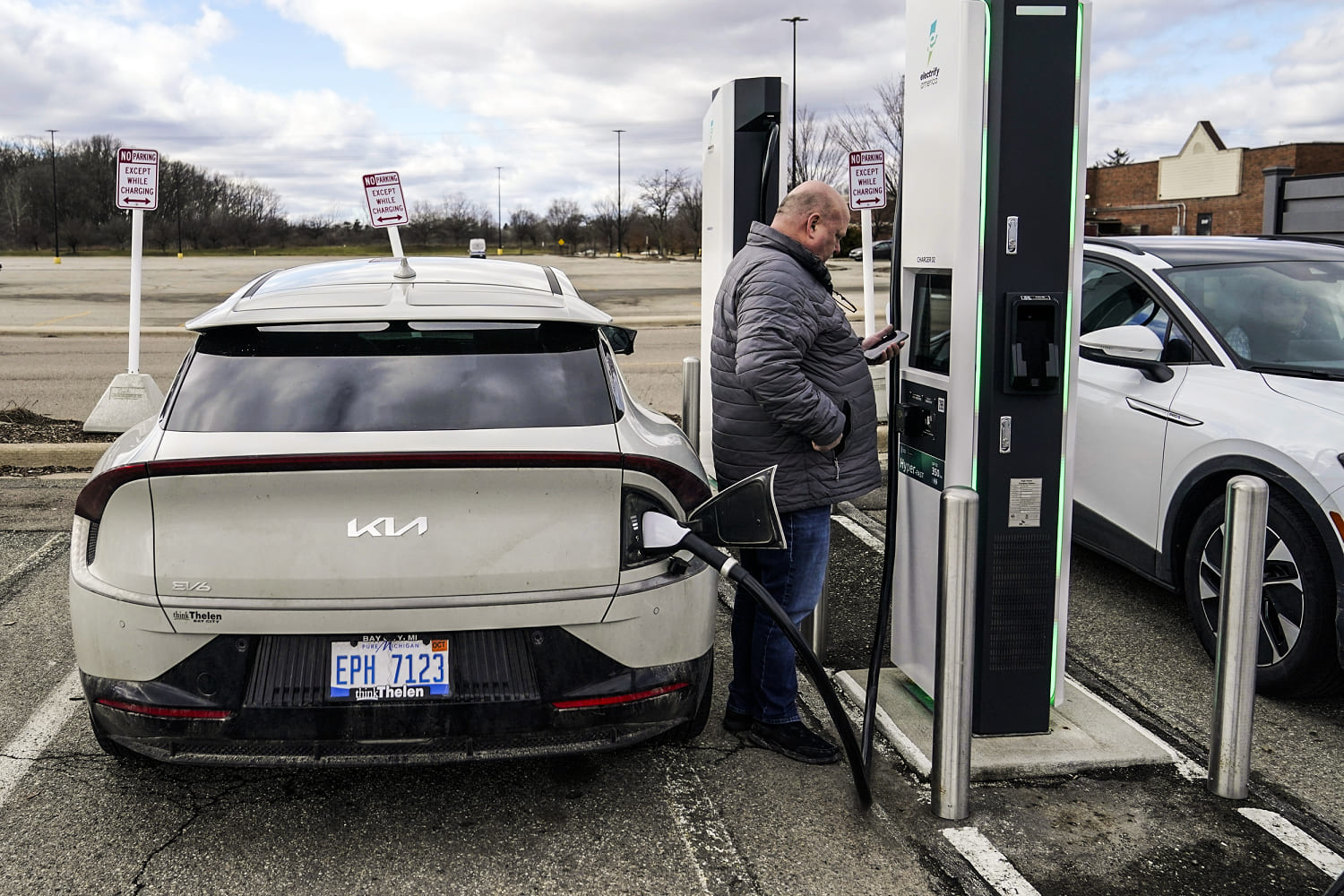The idea of a completely 'American-made' car is more complex than it seems. While some vehicles are assembled in the United States, industry executives and analysts agree that none are built with 100% domestic parts. This is due to the intricate global supply chains that the automotive industry relies on.
Even vehicles manufactured in U.S. factories often incorporate components from countries like Mexico, Canada, China, and Japan. These parts range from engine components and electronics to smaller items like fasteners and trim. The sourcing of these parts is driven by factors such as cost, specialization, and the availability of specific materials.
This reality presents challenges for policymakers seeking to promote domestic manufacturing. For example, former President Trump considered tariffs on imported vehicles, but such measures would have a limited impact on encouraging fully domestic production, as no manufacturer currently achieves this. The definition of 'American-made' becomes blurry when considering the global nature of automotive manufacturing.
No Car is 100% 'Made in America,' Experts Say

Despite efforts to boost domestic manufacturing, auto industry experts say no vehicle sold in the U.S. is entirely American-made. Complex global supply chains mean that even cars assembled in the United States rely on parts sourced from around the world. This reality complicates efforts to define what truly qualifies as an 'American' car. The lack of fully domestic vehicles also impacts trade and tariff policies.
Source: Read the original article at NBC